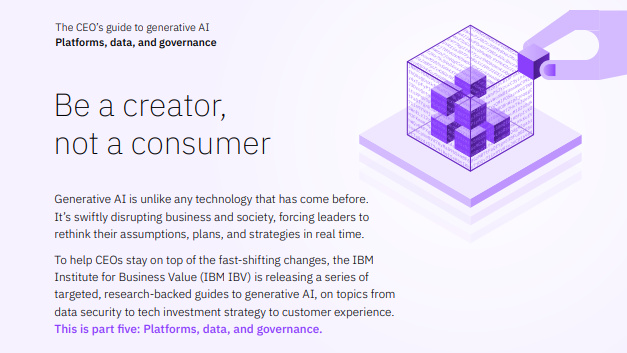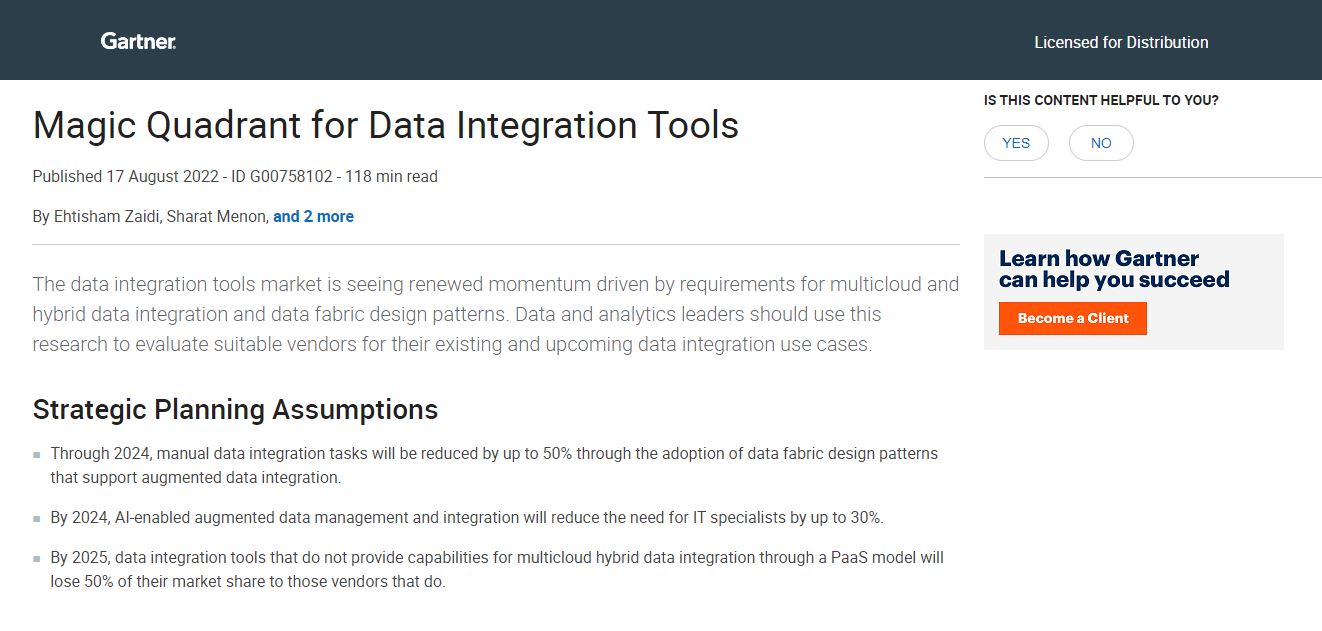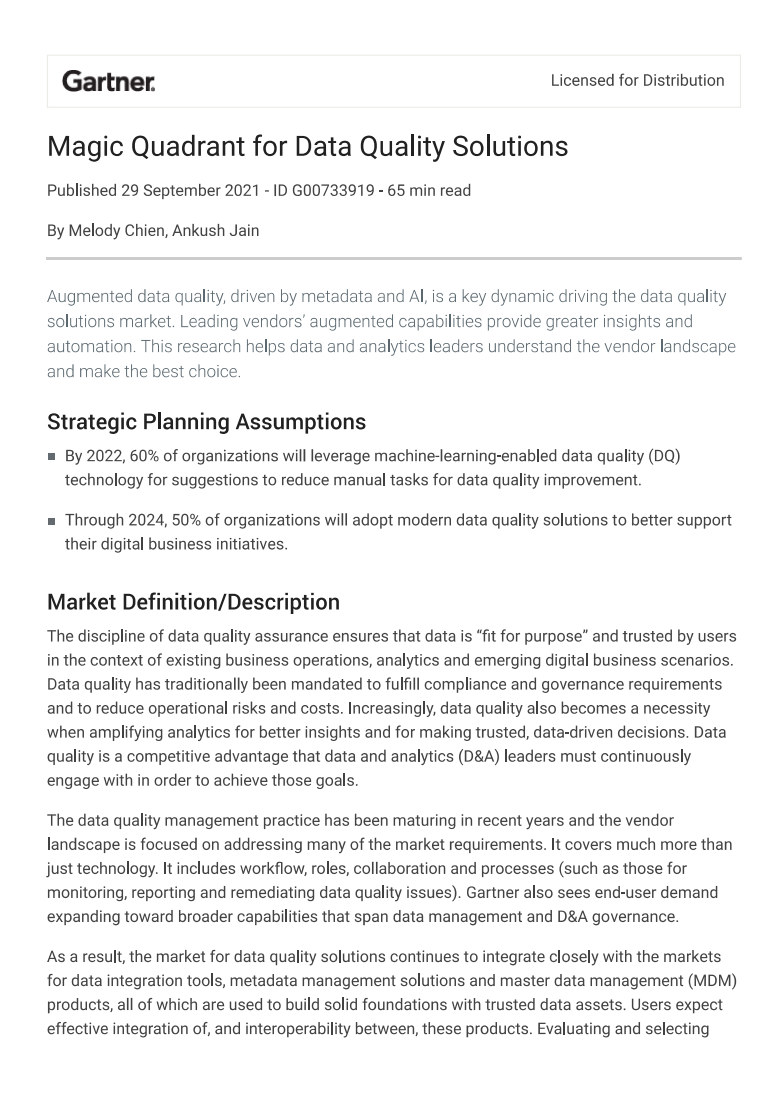NIDFPW: Data theft - the dominant fraud
More businesses have had to cope with data theft in the past year than any other kind of fraud, research shows.


Data theft was more widespread than any other kind of fraud affecting global businesses in the last 12 months, figures from consulting company Kroll have shown.
This meant information stealing was more of a problem than physical theft for the first time, as almost 27.3 per cent of companies reported corporate data or assets had been taken without permission in the past year.
The figure showed a rise of 18 per cent from 2009, whilst cases of physical asset or stock theft fell from 28 per cent to 27.2 per cent, according to the study carried out by the Economist Intelligence Unit.
The amount lost by businesses to fraud rose from $1.4 million (884,000) to $1.7 million per billion dollars of sales in the past 12 months, representing an increase of over 20 per cent when compared to last year, according to the survey of 800 senior executives from across the globe.
"Theft of confidential information is on the rise because data is increasingly portable and perpetrators often departing or disgruntled employees can remove it with ease [if] sufficient controls [are absent]," said Robert Brenner, vice president of Kroll's Americas region.
"At the same time, there is a growing awareness among thieves of the increasing intrinsic value of an organisation's intellectual property."
Even though the risk of data theft has evidently risen and almost nine in ten respondents said they had been the victim of at least one kind of fraud during the past year, many firms were not planning to increase their security efforts.
Get the ITPro daily newsletter
Sign up today and you will receive a free copy of our Future Focus 2025 report - the leading guidance on AI, cybersecurity and other IT challenges as per 700+ senior executives
Less than half of the businesses polled said they were planning to spend more on IT security, down from 51 per cent in 2009.
"Companies need to regularly evaluate how they are controlling access to information within their organisation to ensure they are keeping pace with technological advancement and the imperative for collaboration in the workplace," Brenner added.
The survey results have been released in the midst of the UK's National Identity Fraud Prevention Week (NIDFPW).
Notable sports presenter John Inverdale, who has experienced the travails of recovering from identity fraud, has been selected as NIDFPW's spokesperson for this year.
Tom Brewster is currently an associate editor at Forbes and an award-winning journalist who covers cyber security, surveillance, and privacy. Starting his career at ITPro as a staff writer and working up to a senior staff writer role, Tom has been covering the tech industry for more than ten years and is considered one of the leading journalists in his specialism.
He is a proud alum of the University of Sheffield where he secured an undergraduate degree in English Literature before undertaking a certification from General Assembly in web development.
-
 The Race Is On for Higher Ed to Adapt: Equity in Hyflex Learning
The Race Is On for Higher Ed to Adapt: Equity in Hyflex LearningBy ITPro
-
 Google faces 'first of its kind' class action for search ads overcharging in UK
Google faces 'first of its kind' class action for search ads overcharging in UKNews Google faces a "first of its kind" £5 billion lawsuit in the UK over accusations it has a monopoly in digital advertising that allows it to overcharge customers.
By Nicole Kobie
-
 The CEO's guide to generative AI: Be a creator, not a consumer
The CEO's guide to generative AI: Be a creator, not a consumerWhitepaper Innovate your business model with modern IT architecture, and the principles of trustworthy AI
By ITPro
-
 Building a strong business case for GRC automation
Building a strong business case for GRC automationwhitepaper Successfully implement an innovative governance, risk & compliance management platform
By ITPro
-
 Sundar Pichai: AI keeps me up at night
Sundar Pichai: AI keeps me up at nightNews The Google chief warned that recent AI developments will have a profound impact on society
By Ross Kelly
-
 ChatGPT privacy flaw exposes users’ chatbot interactions
ChatGPT privacy flaw exposes users’ chatbot interactionsNews OpenAI has not expanded on the flaw in detail, nor indicated its reach
By Rory Bathgate
-
 2022 Magic Quadrant for data integration tools
2022 Magic Quadrant for data integration toolsWhitepaper Using research to evaluate suitable vendors for their existing and upcoming data integration use cases
By ITPro
-
 Redefining modern master data management in the cloud
Redefining modern master data management in the cloudWhitepaper Why you need a modern MDM solution built for the cloud
By ITPro
-
 Magic quadrant for data quality solutions
Magic quadrant for data quality solutionsWhitepaper Amplifying analytics for better insights and for making trusted, data-driven decisions
By ITPro
-
 Oracle to act as US data auditor for TikTok
Oracle to act as US data auditor for TikTokNews All US traffic on the social media platform will be routed through Oracle's cloud infrastructure
By Rory Bathgate